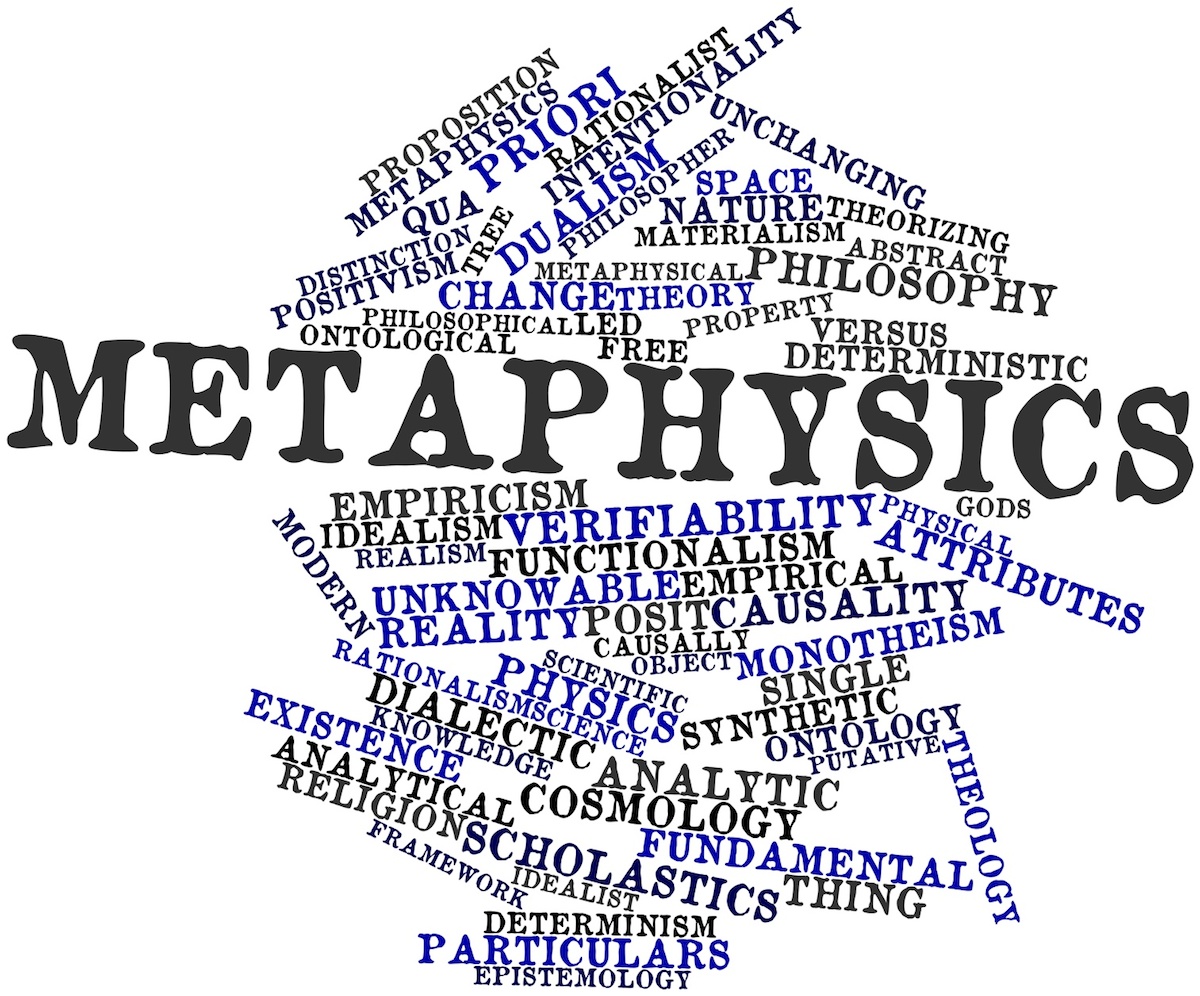Are you ready for some Tech Metaphysics?
“Aristotle drew a distinction between essential and accidental properties. The way he put it is that essential properties are those without which a thing wouldn’t be what it is, and accidental properties are those that determine how a thing is, but not what it is.
For example, Aristotle thought that rationality was essential to being a human being and, since Socrates was a human being, Socrates’s rationality was essential to his being Socrates. Without the property of rationality, Socrates simply wouldn’t be Socrates. He wouldn’t even be a human being, so how could he be Socrates? On the other hand, Aristotle thought that Socrates’s property of being snubnosed was merely accidental; snub-nosed was part of how Socrates was, but it wasn’t essential to what or who he was. To put it another way, take away Socrates’s rationality, and he’s no longer Socrates, but give him plastic surgery, and he’s Socrates with a nose job. ”
~ Excerpt From: Thomas Cathcart. “Plato and a Platypus Walk Into a Bar.”
Now what the heck does all of this have to do with Tech and Tablets? Well, I’ll tell you.
One of the major mistakes that Microsoft and its OEM partners are making is that they are failing to properly distinguish between the “essential” and the “accidental” properties of a tablet. Here’s two opposing examples to illustrate that point.
KEYBOARD
If you take away the keyboard from a Notebook computer, it is no longer a Notebook computer. It can’t function. But if you take away a keyboard from a Tablet, it is still a Tablet. Using Aristotle’s definitions, a keyboard is ESSENTIAL to a Notebook computer but it is ACCIDENTAL to a Tablet computer.
With me so far? Here’s a second example.
TOUCH
If you take away the touch user interface from a Tablet, it is no longer a Tablet. (See Microsoft’s failed attempts to create a tablet from 2001 until 2010.) It can’t function. But if you take away the touch user interface from a Notebook computer, it is still a Notebook. A touch user interface is ESSENTIAL to a Tablet but it is ACCIDENTAL to a Notebook.
Just one more step and we can bring it home.
PIXEL INPUT IS INCOMPATIBLE WITH TOUCH INPUT
Both Pixel input and Touch input require a metaphor that allows our minds to grasp the use and usefulness of that input. For example, menus and scroll bars are standard fare on Notebook and Desktop computers but they are anathema to Tablets. Why? Because menus and scroll bars are too small for multi-pixel finger input. On Tablets, menus are replaced by large buttons and scroll bars by replaced by “flicking” the screen up or down. This is not minor matter. A wholly new, built from the ground up, Touch User Interface is ESSENTIAL to a Tablet.
Recap
Touch is ACCIDENTAL to a Notebook computer. It’s plastic surgery. It may enhance the usefulness of a Notebook but it doesn’t change the essence of what a Notebook computer is. A keyboard is ACCIDENTAL to a Tablet. It’s plastic surgery. It may enhance the usefulness of a Tablet, but it doesn’t change the essence of what a Tablet is. Further — and this is key — a touch input metaphor and a pixel input metaphor must be wholly different and wholly incompatible with one another. It’s not just that they do not comfortably co-exist within one form factor. It’s also that they do not comfortably co-exist within our minds eye.
In plain words, it’s no accident that tablets and notebooks are distinctly different from one another. On the contrary, their differences — their incompatibilities — are the essence of what makes them what they are.
